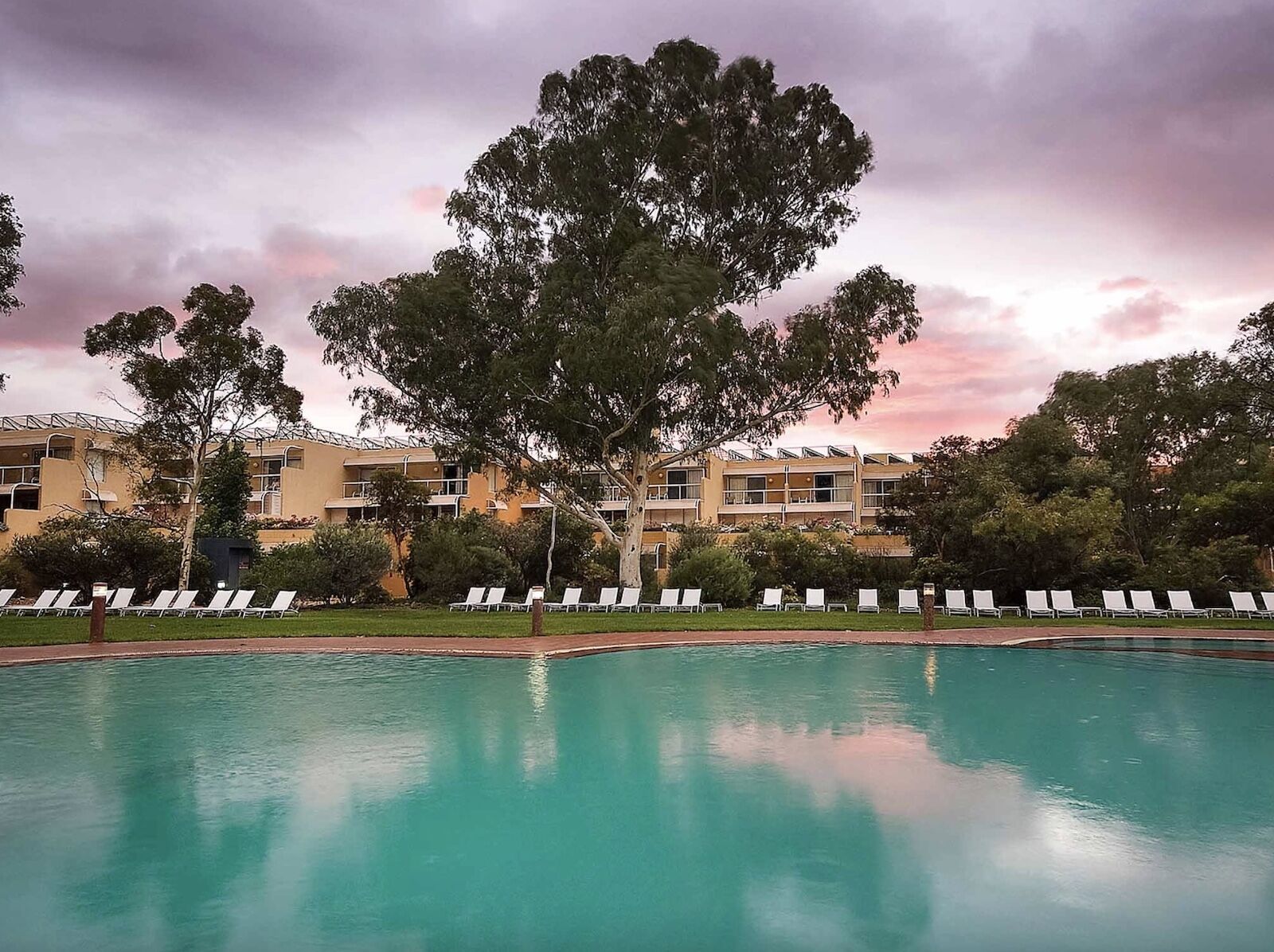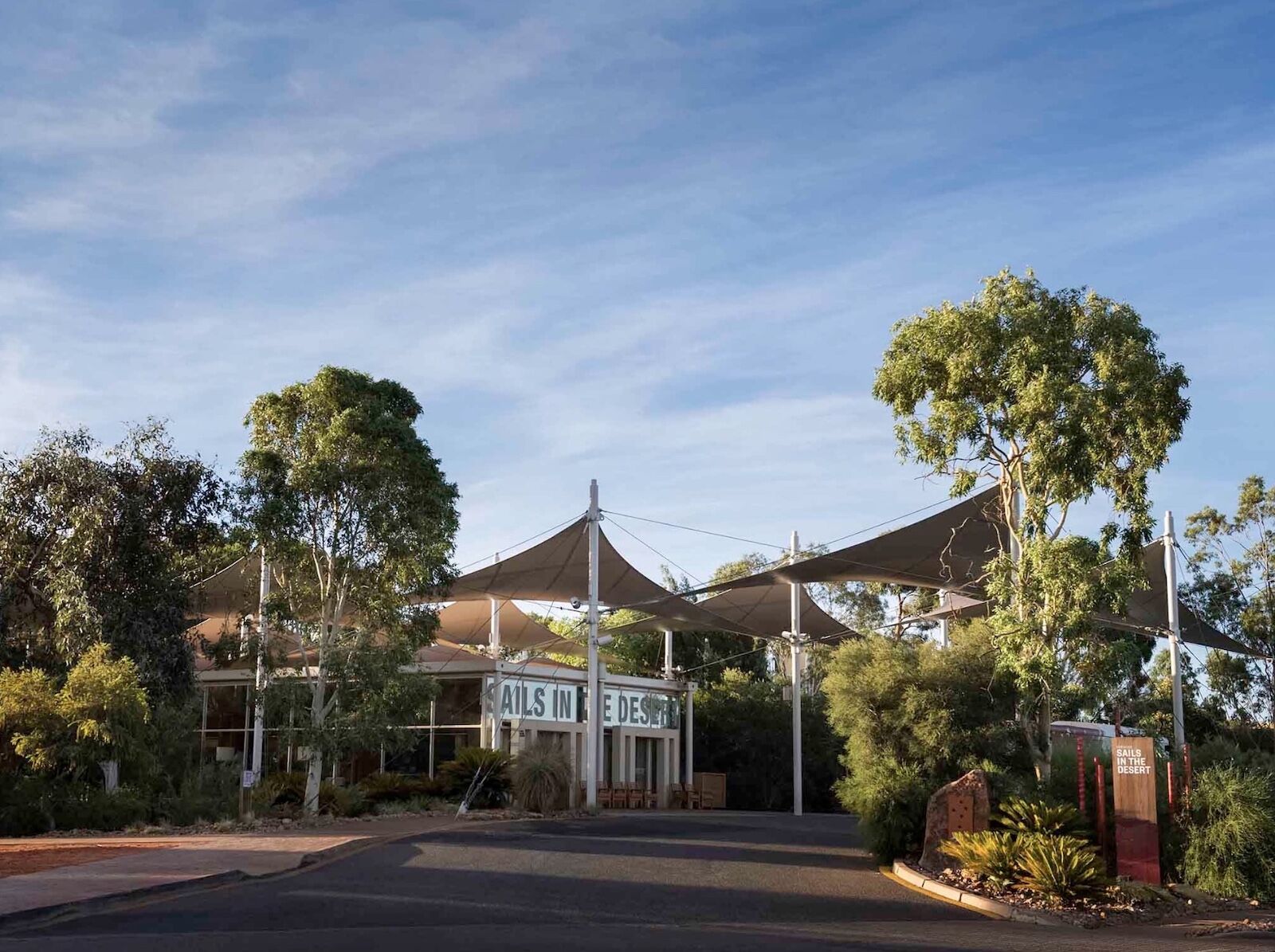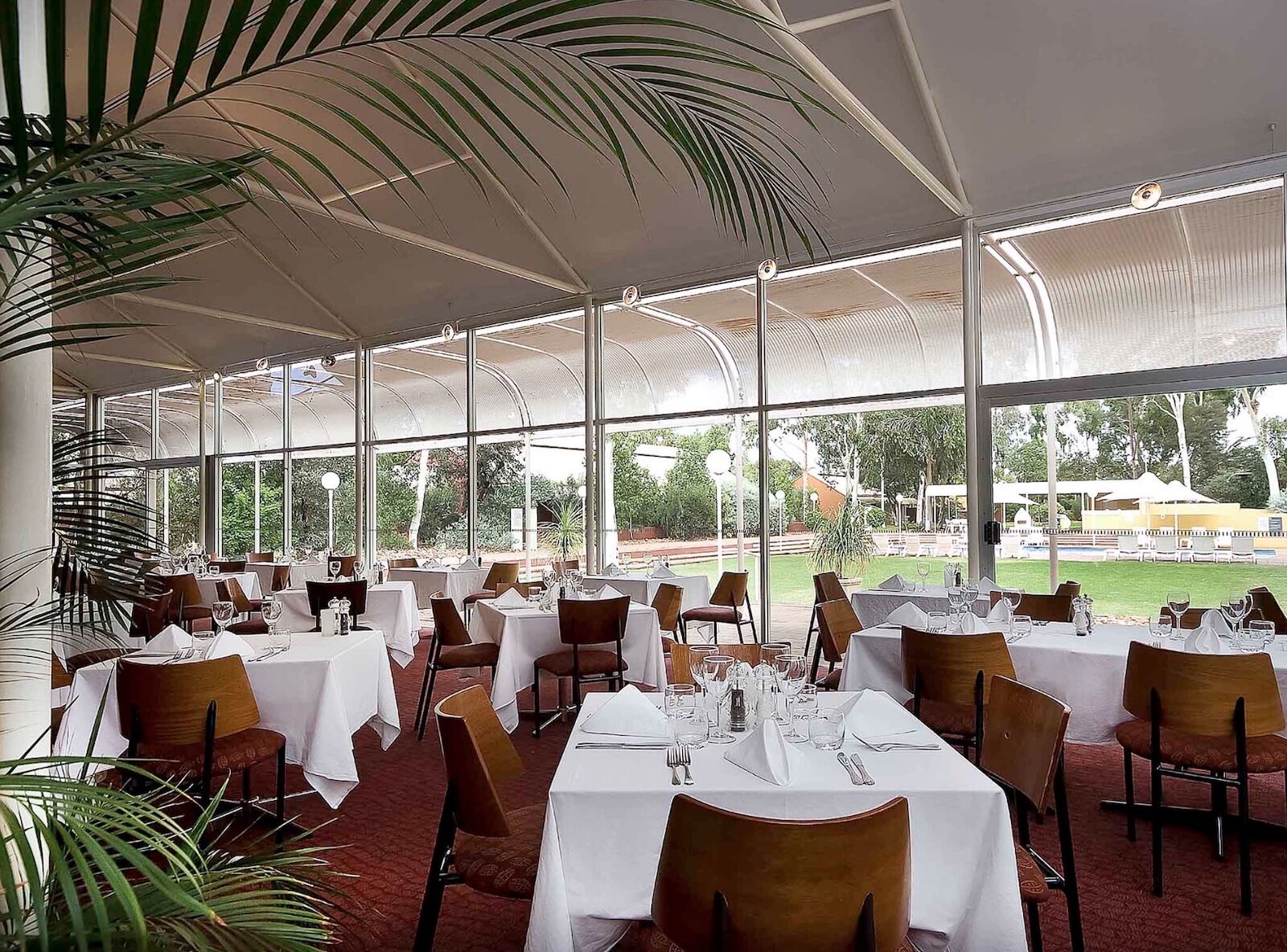Whether Uluru is the largest monolith in the world really isn’t that important. What matters is that this immense, gorgeous rock in Australia’s Northern Territory, considered sacred by the local Aboriginal people, was formed hundreds of millions of years ago, and that today it stands isolated and beautiful in the desert. The best part is that you can see it with your own eyes, walk around its base, and learn more about what makes it special to the people who own the land on which it rests.
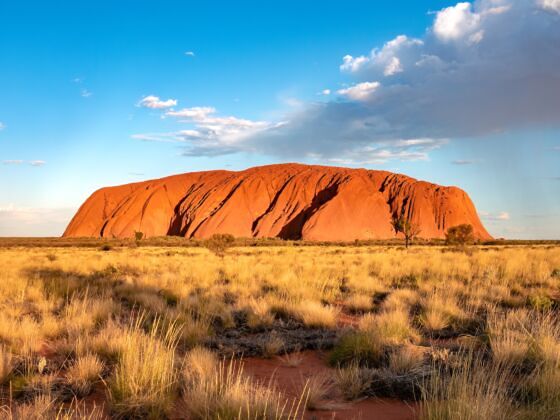
Uluru May or May Not Be the Biggest Rock in the World - but It's Sure Jaw-Dropping
- What is Uluru?
- How was Uluru formed?
- Are Kata Tjuta and Uluru the same thing?
- Where is Uluru located and how to get there
- Why is Uluru also called Ayers Rock?
- What is the meaning of “Uluru”? How do you pronounce “Uluru”?
- When is the best time of the year to go and see Uluru?
- Is it best to see the sunrise or the sunset at Uluru?
- What is Field of Light in Uluru?
- Can you climb Uluru? Can you touch Uluru?
- How long is the walk around Uluru?
- Is Uluru the biggest rock in the world? How tall is it?
- Where to stay near Uluru
What is Uluru?
Uluru is a huge red-orange sandstone rock formation located in the flat landscape of central Australia. It is considered a sacred site to the Anangu Aboriginal people.
While Uluru is often referred to as a monolith, it is scientifically known as an inselberg or monadnock, i.e. an isolated rock formation in an otherwise flat landscape.
How was Uluru formed?
Uluru’s formation started about 550 million years ago, a time long before the dinosaurs roamed the planet. Much like how all hills and mountains were created, Uluru is the result of the earth’s tectonic plates colliding, crumpling and folding the rocks and forcing them up into mounts. The formations that resulted from the movements of tectonic plates slowly eroded over hundreds of millions of years, but Uluru resisted the elements and still stands tall.
Are Kata Tjuta and Uluru the same thing?
Kata Tjuta (also known as the Olgas) is rock formation about 30 miles west of Uluru, but it is part of the same park: Uluru-Kata Tjuta National Park. Kata Tjuta consists of 36 red domes and is part of the Anangu Aboriginal people’s belief system. In the Pitjantjatjara language of the local Aboriginal people, Kata Tjuta means “many heads.”
Where is Uluru located and how to get there
Uluru is located within Uluru-Kata Tjuta National Park in Australia’s Northern Territory. Uluru-Kata Tjuta National Park is a UNESCO World Heritage site. The nearest large town is Alice Springs, 280 miles away.
Flying is by far the easiest way to get to Uluru. There is an airport in the small town of Yulara, 15 miles from the rock formation: Ayers Rock/Connellan Airport. Flights from and to Sydney, Melbourne, Cairns, and Brisbane with Quantas, Virgin Australia, and Jetstar are frequent.
Why is Uluru also called Ayers Rock?
Uluru is the name the local Aboriginal people have been calling the rock formation for thousands of years; however, Australian explorer William Gosse, the first non-Aboriginal person to see the rock (in 1873), called it “Ayers Rock” after the then Chief Secretary of South Australia Sir Henry Ayers.
What is the meaning of “Uluru”? How do you pronounce “Uluru”?
There is no translation to “Uluru” which is a word in the Pitjantjatjara language of the local Aboriginal people. It is pronounced [oo-luh-roo].
When is the best time of the year to go and see Uluru?
The weather in this part of Australia can be extremely hot in late spring and during the summer months (October to March in the southern Hemisphere). Visit in late autumn or during the winter months (May to September) for cooler, more bearable temperatures. August and September are the best months to visit Uluru-Kata Tjuta National Park if you want to see the wildflowers in bloom.
Is it best to see the sunrise or the sunset at Uluru?
Both sunrise and sunset are wonderful to witness at Uluru. The rock changes color with the movements of the sun and you’ll be treated to beautiful varying shades of pinks, oranges, and reds.
Parks Australia lists some of the best spots to view either sunrise or sunset at Uluru. If you have the time to see both, do so. You won’t regret it.
What is Field of Light in Uluru?
Field of Light is an art installation by artist Bruce Munro that is displayed in the desert around Uluru. More specifically, Field of Light is a light show that consists of 50,000 light that covers seven football fields, appearing like an immense blooming garden. It is the largest art installation ever to take place in Australia.
Can you climb Uluru? Can you touch Uluru?
Since October 26, 2019, it is banned to climb Uluru, a sacred monument to the local Aboriginal people. Previously, since the 1930s, people climbed the rock formation and chains were installed to help the visitors who wanted to scale it.
While it is generally acceptable to touch the rock with your hands, there are some sections that the Anangu people, owners of Uluru, don’t want photographed or touched. Be mindful of your behaviour when visiting and, when in doubt, ask a park ranger or guide.
How long is the walk around Uluru?
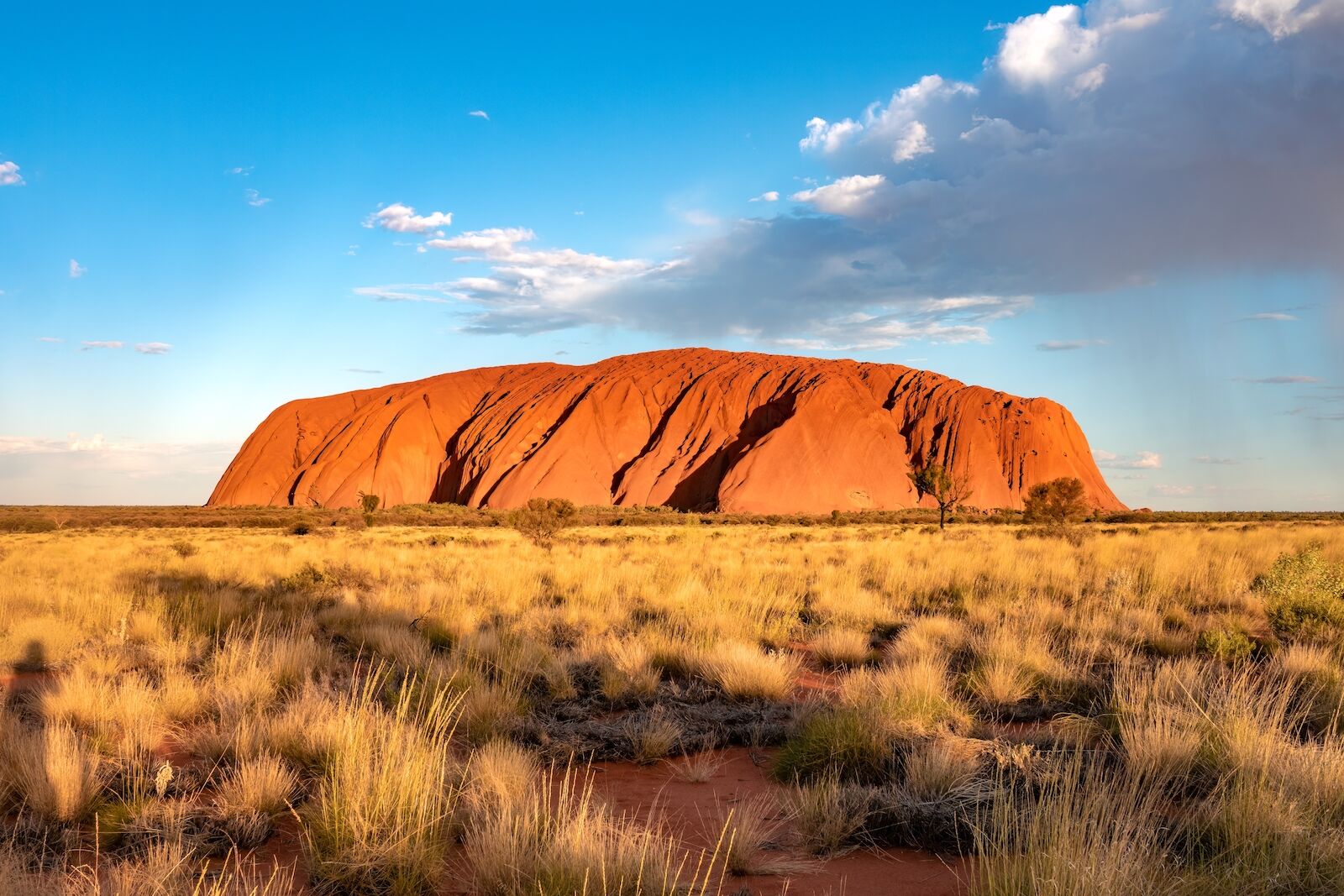
Photo: username/Shutterstock
The walk around the base of the rock is 6.2 miles, which takes between 90 minutes to two hours to complete. That said, don’t rush and take the time to admire the details of this stunning rock formation.
Is Uluru the biggest rock in the world? How tall is it?
Depending on who you ask, Uluru is either the largest rock in the world, or the second-largest rock in the world after Burringurrah, AKA Mount Augustus, also located in Australia. Some argue that Mount Augustus/Burringurrah is made of several types of rock and therefore cannot be considered a monolith, hence the indecision. Uluru is 1142-foot-tall and its base it 6.2-mile-long while Mount Augustus/Burringurrah is 2346-foot-tall and its base is 28-mile-long.
Where to stay near Uluru
We hope you love the hotels we recommend! Just so you know, Matador may collect a small commission from the links on this page if you decide to book a stay. Listed prices are accurate as of the time of publication.
Sails In The Desert
Sails in The Desert is the most luxurious hotel near the Uluru-Kata Tjuta National Park. The five-star property, part of the Ayers Rock Resort, consists of 228 tastefully decorated rooms and suites, even the cheapest of which feature a balcony. Because it’s a luxury hotel, the amenities are top notch: There’s a pool surrounded by loungers and gum trees, there are multiple restaurants and bars where you can try Indigenous cuisine, there’s a spa, and an art gallery where to admire Aboriginal art. The icing on the cake is the long list of free activities the resort offers guests like didgeridoo workshops and bush food experiences. The price per night start at $308 (475 AUD).
Desert Gardens Hotel
The Desert Gardens Hotel is the only property in Ayers Rock resort to offer rooms with views of Uluru — a luxury if there ever was one. The hotel consists of 128 modern and comfortable rooms and offers the a slew of amenities and services that are similar to those of Sails in the Desert: pool, restaurants and bars, spa, free guided activities, airport shuttle bus, etc. The price per night start at $260 (400 AUD).

